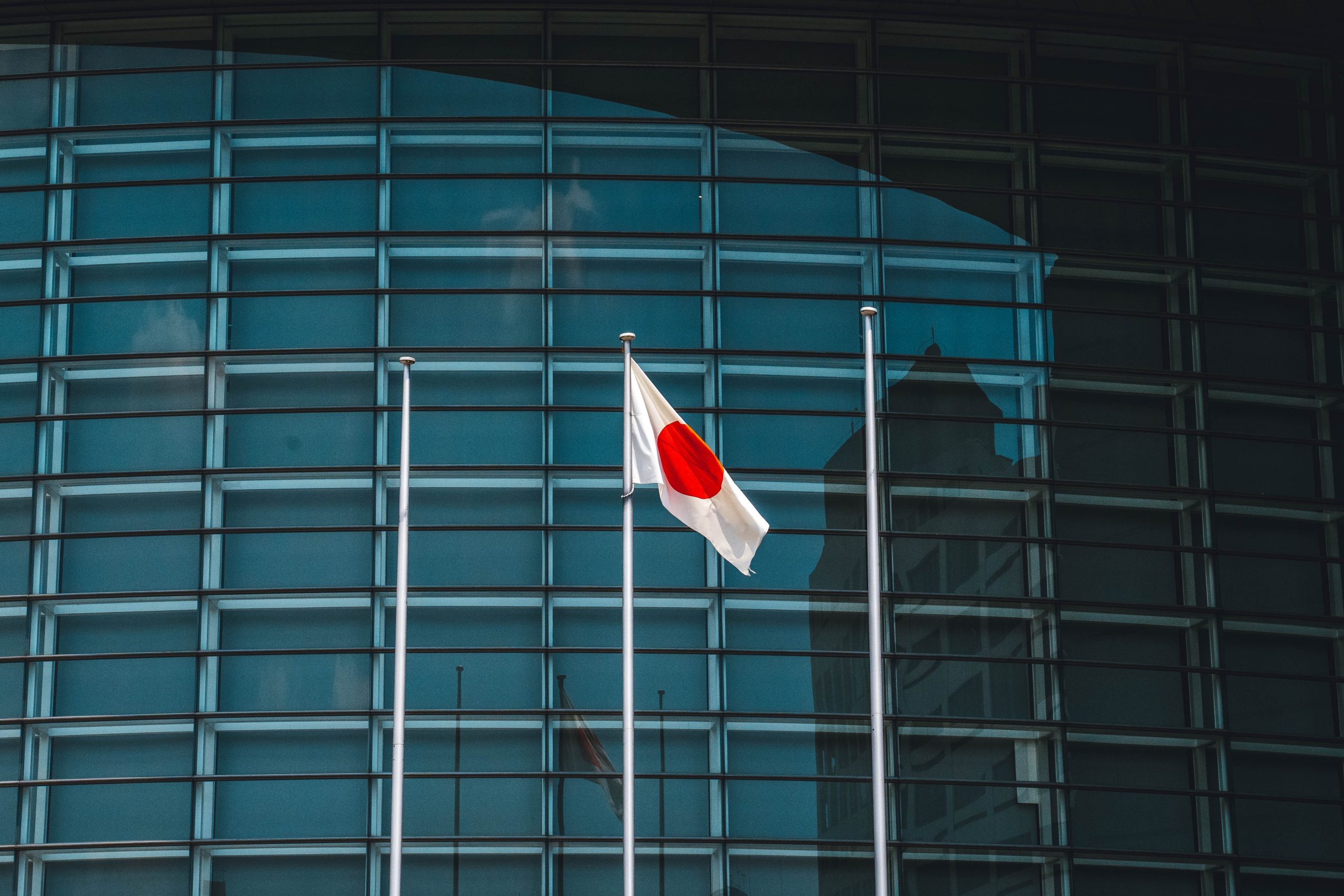Brussels, Belgium – In a bid to address growing concerns over China’s actions, the European Union (EU) has called on its member states to strengthen their measures against the Asian superpower. The move comes amidst escalating tensions between the EU and China on various fronts, including trade, human rights, and geopolitical influence.
The European Commission, the executive arm of the EU, has urged member states to adopt a unified and assertive stance towards China. The call for tougher measures is seen as a response to China’s increasing assertiveness in the international arena, as well as its alleged human rights abuses and unfair trade practices.
One of the key areas of concern is China’s treatment of its Uighur Muslim minority in the Xinjiang region. The EU has repeatedly condemned the reported human rights violations, including forced labor, mass surveillance, and arbitrary detentions. The European Parliament has even passed resolutions calling for targeted sanctions against Chinese officials responsible for these abuses.
In addition to human rights, the EU is also concerned about China’s economic practices. The bloc accuses China of engaging in unfair trade practices, such as dumping goods at below-market prices and subsidizing its industries, which puts European businesses at a disadvantage. The EU has been pushing for a level playing field and greater reciprocity in trade relations with China.
Furthermore, the EU is wary of China’s growing geopolitical influence, particularly through its Belt and Road Initiative (BRI). The BRI, a massive infrastructure project spanning multiple continents, has raised concerns about debt diplomacy and China’s expanding influence in strategically important regions.
To address these concerns, Brussels is urging EU member states to strengthen their screening mechanisms for foreign investments, enhance cybersecurity measures, and promote transparency in supply chains. The EU is also exploring the possibility of imposing targeted sanctions on Chinese individuals and entities involved in human rights abuses and unfair trade practices.
However, implementing tougher measures against China is not without challenges. Some EU member states, particularly those heavily reliant on Chinese investments and trade, may be hesitant to take a confrontational approach. Balancing economic interests with human rights and geopolitical concerns will be a delicate task for the EU.
As the EU seeks to forge a united front against China, it remains to be seen how member states will respond to Brussels’ call for tougher measures. The outcome of this collective effort will have far-reaching implications for the EU’s relationship with China and its role on the global stage.
Disclaimer: The views and opinions expressed in this article are those of the author and do not necessarily reflect the official position of OpenAI or its employees.




